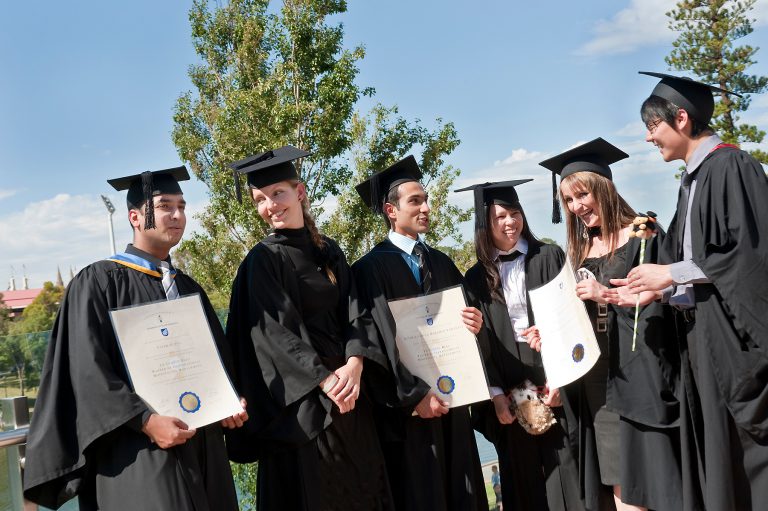
An influx of ‘fake’ international students gaining access to Australian colleges using falsified English language test results and financial documentation has resulted in a threefold increase in the number of student visas cancelled since 2012.
According to investigations conducted by The Australian, the 1978 student visas cancelled in 2012 rose markedly to 4930 in 2013, spiking again to reach a startling 7061 in the last financial year.
The Department of Immigration and Border Protection (DIBP) also confirmed that they have identified approximately 1000 ‘course-hopping’ overseas students, who entered the country using streamlined student visas but later transferred to different, unaccredited colleges- a practice which is illegal. Currently, the most prolific recruiters of such students have been identified as offshore third-party broking services.
Australia’s recent introduction of streamlined student visa processing for international students applying to accredited institutions, allowing them to enter the country far more easily, was initially greeted with open arms by those within the industry.
The process is far from infallible, however, with research conducted by the DIBP suggesting that, once in Australia, a large number of students choose to transfer to cheaper colleges that originally fell outside of the requirements for the streamlined visa program. The Australian federal government has now instigated a campaign designed to target the problem of ‘course-hopping’ students by helping higher education institutions to identify legitimate applicants.
President of the Council of International Students Australia Thomson Ch’ng commented that not only are some students changing courses; others are failing to even begin their studies. Additionally, according to Ch’ng, some offshore agents conduct the streamlined visa process for applicants who are clearly insincere as it allows them to enter Australia easily- and consequently pay their agency fee.
“Ghost students are common in some colleges,” Ch’ng said. “The issue is where they are if they are not attending classes but are here on student visas.”
“There is definitely a loophole. I’m not saying all agents are operating unscrupulously, but there are a few rotten apples out there that are leading the way in sending non-genuine students to Australia, and it’s becoming more widespread.”
During ongoing investigations, The Australian has identified various third-party brokers in Nepal who have now been black-listed by local colleges and universities; such organisations include the Kangaroo Education Foundation and Global Village International Education in Kathmandu. Such developments have prompted the Australian Education Department to raise awareness among higher education institutions regarding the possibility of receiving erroneous financial documentation from Nepal.
Australia’s economy has benefited significantly from the country’s international student population, which has contributed $15.74 billion during the last financial year according to data released by the Department of Education. This figure marks the largest economic contribution from overseas students since a peak of $16.4 billion in 2010.
Like this? You’ll love these…
Australian politician speaks out against high fees and student debt







